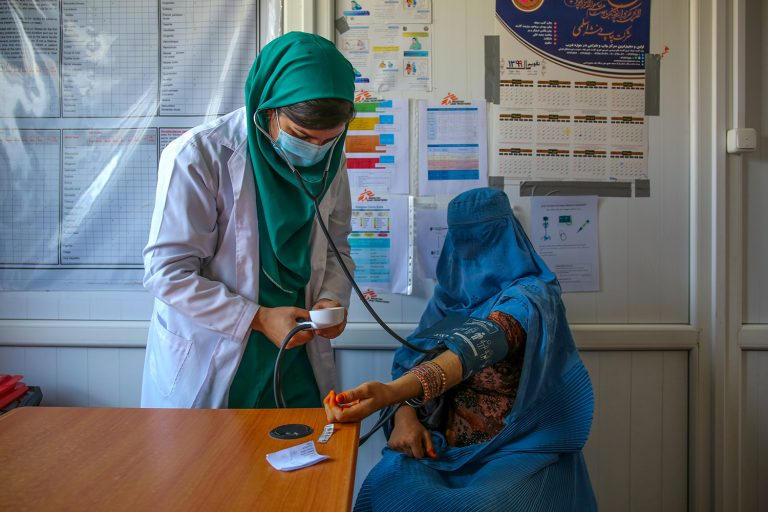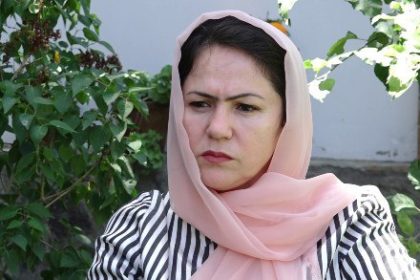RASC News Agency: The World Health Organization (WHO), in its latest monthly report released on Thursday, April 24, has sounded a dire alarm regarding the escalating healthcare crisis in Afghanistan. Following the abrupt suspension of U.S. financial aid in February, at least 202 health centers across the country have shut down completely disrupting access to both essential and emergency medical services for more than 1.8 million people across 28 provinces. The report underscores that the continuation of this trajectory places Afghanistan’s already fragile health infrastructure on the verge of systemic collapse. The WHO has issued an urgent call for international intervention, emphasizing that without the immediate resumption of donor funding, the humanitarian situation in Afghanistan will deteriorate rapidly and irreversibly.
The organization had previously warned that up to 80 percent of the health facilities it supports are at risk of closure. Now, it projects that unless new funding is secured, over 220 additional health centers could be forced to cease operations by June 2025 potentially depriving millions of Afghanistanis of access to basic and life-saving care. This wave of closures comes at a time when Afghanistan is facing a convergence of severe public health emergencies. Outbreaks of malnutrition, measles, malaria, dengue fever, polio, and Crimean-Congo hemorrhagic fever are sweeping through communities, overwhelming what remains of the healthcare system. The absence of operational medical infrastructure has put countless lives in jeopardy, especially those of children, expectant mothers, and the chronically ill.
Public health experts warn that without urgent and coordinated international action, Afghanistan may soon experience one of the most devastating health crises in recent history one whose effects could ripple far beyond its borders. The stakes are alarmingly high, and the window for meaningful intervention is rapidly closing. Compounding this crisis is the Taliban regime’s inability and apparent unwillingness to invest in or effectively manage the nation’s public health apparatus. Since the group’s return to power, restrictions on international NGOs and a lack of governance transparency have severely hampered relief operations. Once sustained by consistent foreign assistance, Afghanistan’s healthcare system is now perilously close to collapse.
In the absence of decisive global engagement, Afghanistan risks becoming a humanitarian wasteland where preventable diseases surge unchecked, and the most vulnerable are left to suffer in silence. The time for action is now.
Afghanistan’s Healthcare System on the Brink: WHO Warns of Systemic Collapse Following U.S. Aid Suspension






